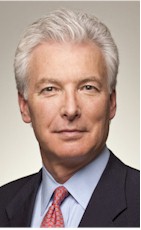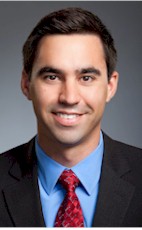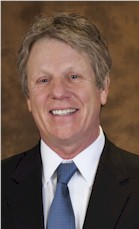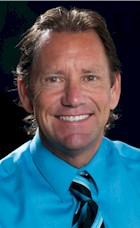
Virtually every time I speak on a hospitality panel or at some other engagement and the subject of wellness comes up, the same four questions come up, What is wellness anyway? Can I increase profitability of my spa by integrating wellness programming? How can wellness (and my spa) increase the value of my property? After all the investment involved in building a spa and integrating a wellness program, can I achieve an acceptable return on my investment? The answers to these questions is the subject we will explore in this article. READ MORE



















